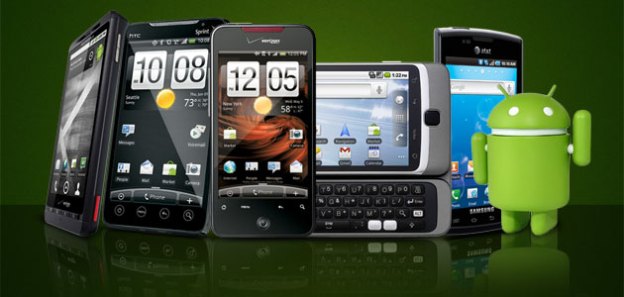 Almost half of the world’s smartphones are running Android, according to a new report.
Almost half of the world’s smartphones are running Android, according to a new report.
After conducting a study of the global smartphone marketplace, research firm Canalys presented their findings this week — and things look good for the Google platform. When all was said and done, 48 percent of the market belongs to Android.
Unsurprisingly, Apple’s iOS came in a distant second with 19 percent of the market (overtaking Nokia’s Symbian platform), though the iPhone manufacturer ranked as the top smartphone vendor in the world.
The report went on to indicate that the disparity between Google and Apple in the smartphone platform market is primarily a result of Android’s availability on products from many of the major smartphone manufacturers, while Apple’s platform is an iPhone-only offering. Major handset producers like Samsung, HTC, and Motorola all offer strong support for Android-enabled smartphones.
When the results were broken down by region, the Asia-Pacific market was weighted heavily in favor of Google’s Android system. In South Korea, 85 percent of the country’s smartphones run Android. Taiwan boasts a similar, Android-heavy marketplace with 71 percent of the smartphones favoring the Google platform.
Of the 56 nations that factored into the firm’s research, Android was the dominant platform in 35 of them.
After Google and Apple, mainstays like Blackberry-friendly platform RIM (which was the dominant platform in Latin America) filled out the rest of the market, though it’s worth noting that products running Microsoft’s Windows Phone platform accounted for just 1 percent of the global market.
Apple loyalists take note, however: the divide between Google and Apple in the U.S. is much narrower. According to recent studies, Android holds 39 percent of the American smartphone marketplace, with iOS following close behind at 28 percent.
Along with all of the platform data, the report also found that the global smartphone market is on the rise, with a 73-percent jump from last year.


